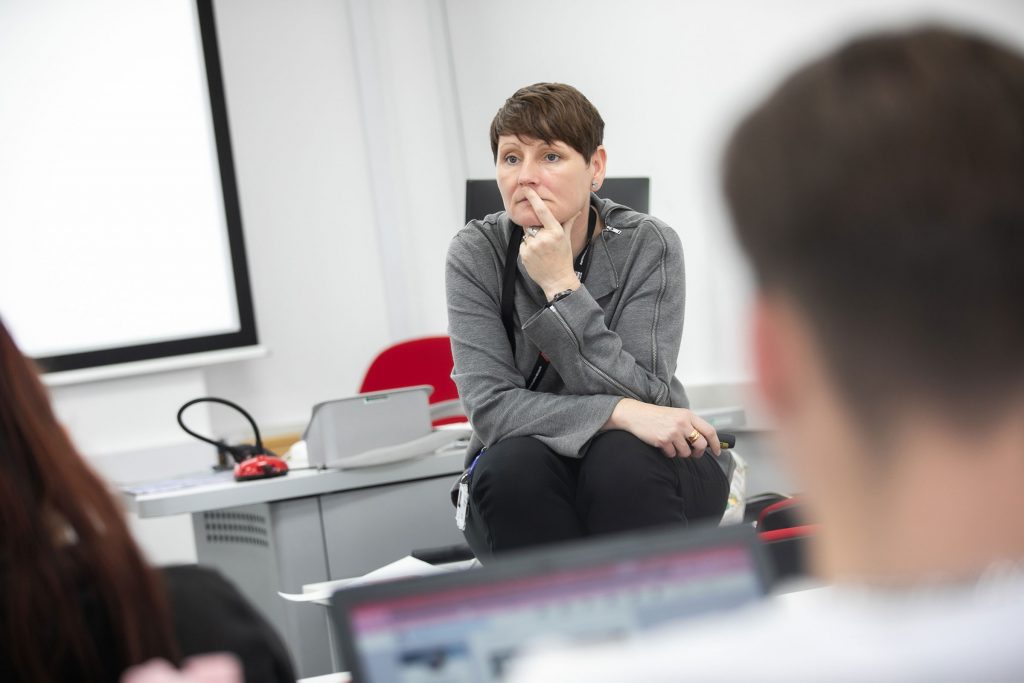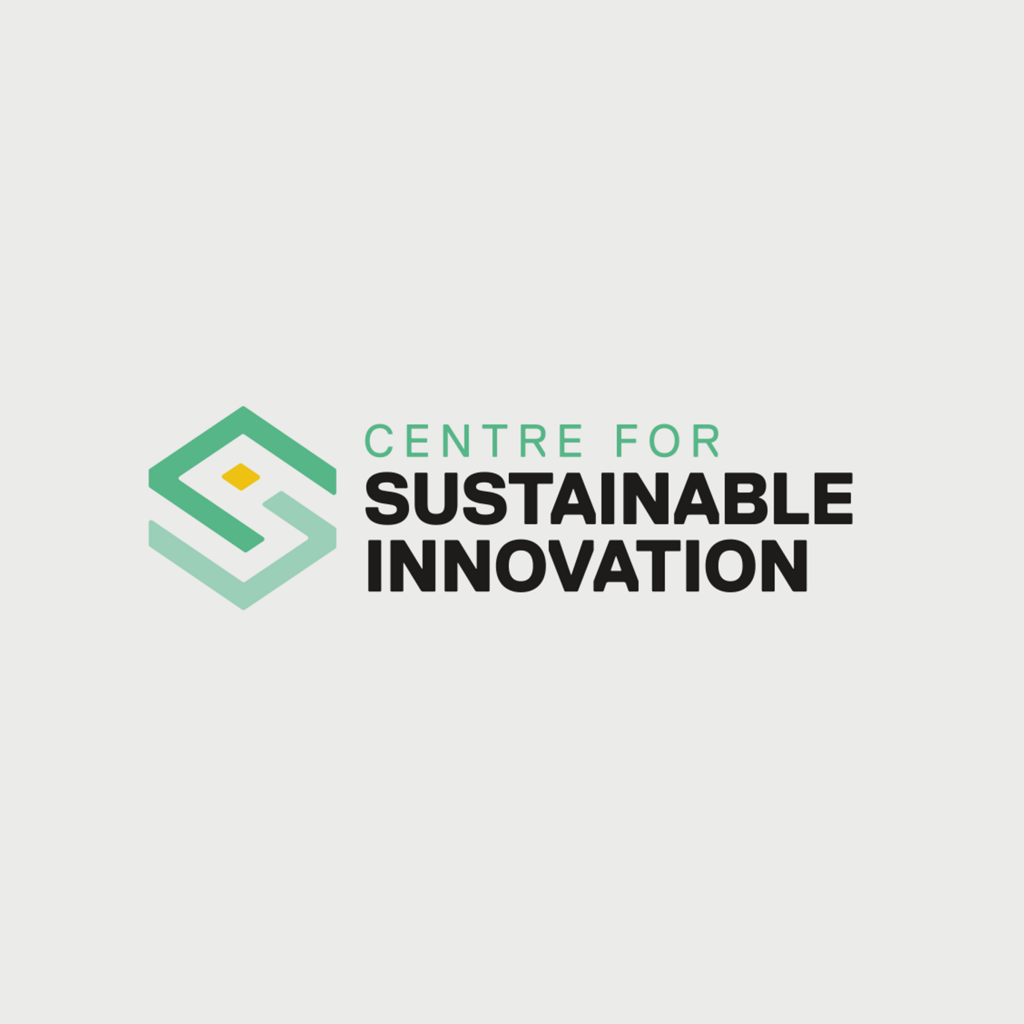Welcome
Welcome to the Salford Business School blog, a place where business and the community meets academia. It is a supportive environment of academic curiosity and exploration, which embraces innovation and business collaboration. Together we can exploit and explore new opportunities by delivering innovation through research and knowledge exchange.
We post items in three main categories: news, expert comment and our meet the expert series, through which we profile our expert voices within the School, plus collaborate with businesses on joint content, demonstrating how we work in partnership for success. Content also encompasses our growing portfolio of podcasts which includes:
- Business Disrupted
- HR Unpacked
- Innovation in Financial Inclusion
- Talking COP
- Spotlight: In Conversation with…
- Belonging in a Business School: Life at Salford
- Knowledge Exchange: Deep Dive
Our industry partnerships and the excellent work at our Centre for Sustainable Innovation offers businesses the chance to access world-leading expertise from our impressive roster of academic colleagues. You can find out more about the Centre for Sustainable Innovation by clicking the button below.
If you have an idea for our blog, whether you’re a colleague, business or alumni, please email communications@salford.ac.uk in the first instance.
Take a look around and explore the content from Salford Business School.



Latest posts
-
Empowering migrant care workers through emerging technologies
At the recent IHIET-FS 2025 Conference, Salford Business School’s Dr Rashed Khan delivered a timely and thought-provoking speech, titled: “Empowering Migrant Care Workers through Emerging Technologies: Bridging Cultural and Digital Gaps in the Global Care Sector.”
-
Exploring the constitutional and ethical stakes of AI in elections
Recently, Salford Business School Lecturer in Law, Dr Nicky Gillibrand, took part in the University Association of Contemporary European Studies (UACES) Graduate and Early Career Researcher Forum, hosted this year at Panteion University, Athens.
-
Helping chart AI’s legal development – from property litigation to global markets
Artificial intelligence is fast becoming integral to legal and commercial practice, and Salford Business School’s Lecturer in Law, Craig Smith, has been at the centre of two high profile conversations this month.

